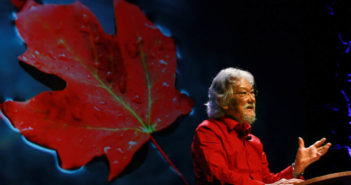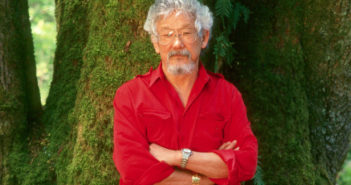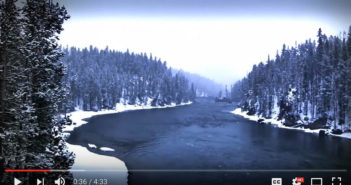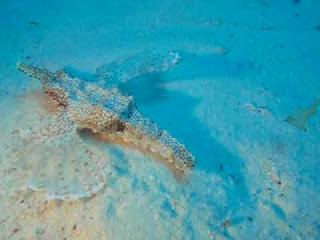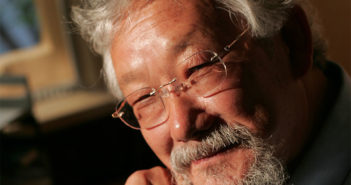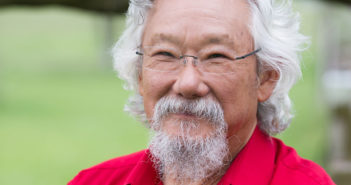
In late September, Inuit artist Annie Pootoogook died tragically in Ottawa. Pootoogook was an award-winning illustrator from Cape Dorset, Nunavut. Her ink-and-crayon depictions of everyday life in the north — families sitting to eat a meal of seal meat or shopping at the Arctic co-op — received international acclaim. In contrast to the idealized vision many Canadians have of the north, of majestic rock and ice landscapes or charismatic wildlife like polar bears, Pootoogook’s drawings often reflected the crushing poverty northern families face and its devastating impacts on their health and well-being.


